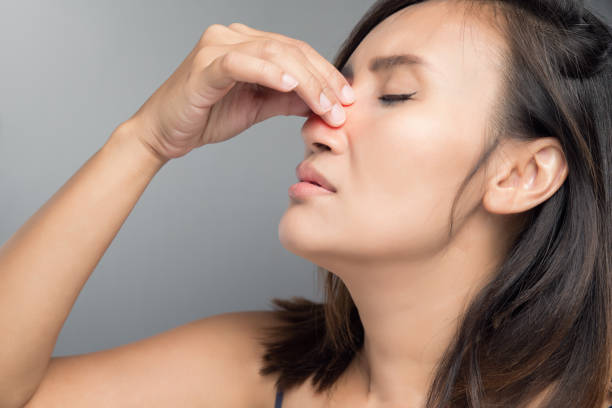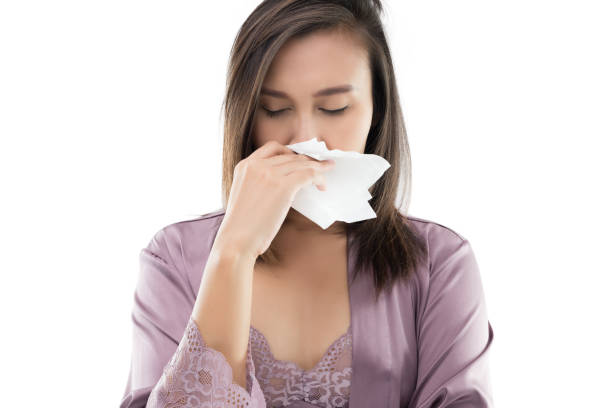Non-allergic rhinitis is a common condition that affects the nasal passages. It is characterized by symptoms such as runny nose, nasal congestion, and sneezing, but without the presence of an allergic trigger. In this article, we will discuss the symptoms and treatment options for non-allergic rhinitis.
Symptoms of Non-Allergic Rhinitis
Runny nose: A constant watery discharge from the nose is one of the most common symptoms of non-allergic rhinitis. This discharge can be clear or slightly thick, and can cause frequent sniffing.
Nasal congestion: This refers to a feeling of stuffiness or fullness in the nose, making it difficult to breathe through the nostrils.
Sneezing: Sneezing is a reflex response to nasal irritation, and can occur frequently in people with non-allergic rhinitis.
Post-nasal drip: This refers to the feeling of mucus running down the back of the throat, which can lead to a persistent cough.
Headache: Nasal congestion can cause headache and pressure in the sinus and forehead area.
Itchy nose: The constant nasal discharge and irritation can lead to an itchy nose.
Treatment for Non-Allergic Rhinitis
Nasal sprays: Over-the-counter decongestant nasal sprays can help relieve nasal congestion by narrowing blood vessels in the nasal passages. However, they should not be used for more than three consecutive days, as they can cause rebound congestion.
Antihistamines: Antihistamines can help relieve symptoms of non-allergic rhinitis by blocking the production of histamine, a chemical that triggers allergy symptoms.
Saline nasal spray: A saline nasal spray can help moisten the nasal passages and relieve symptoms of non-allergic rhinitis.
Intranasal corticosteroids: These prescription nasal sprays can help reduce inflammation and relieve symptoms of non-allergic rhinitis.
Immunotherapy: In severe cases of non-allergic rhinitis, immunotherapy may be recommended. This involves gradually exposing the person to small amounts of the irritant to build up tolerance over time.
Lifestyle changes: Avoiding triggers such as strong odors, cigarette smoke, and air pollution can help reduce symptoms of non-allergic rhinitis.
In conclusion, non-allergic rhinitis is a common condition that affects the nasal passages, causing symptoms such as runny nose, nasal congestion, and sneezing. Treatment options include over-the-counter nasal sprays, antihistamines, saline nasal spray, intranasal corticosteroids, immunotherapy, and lifestyle changes. If your symptoms persist or worsen, it is important to consult a doctor for proper diagnosis and treatment.

 Home
Home Health
Health Diet & Nutrition
Diet & Nutrition Living Well
Living Well More
More












